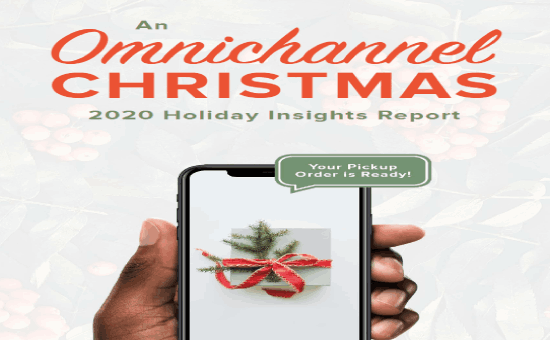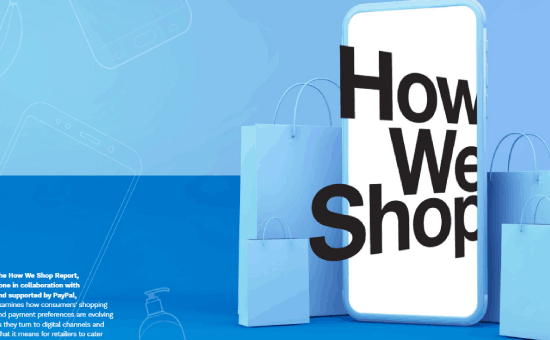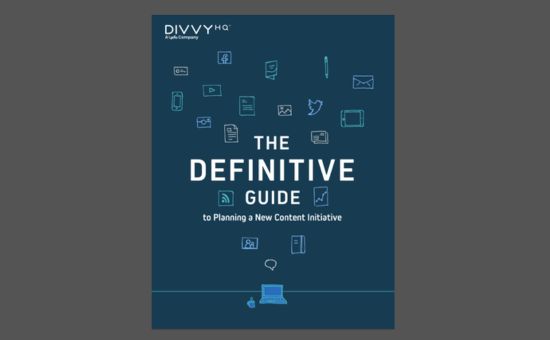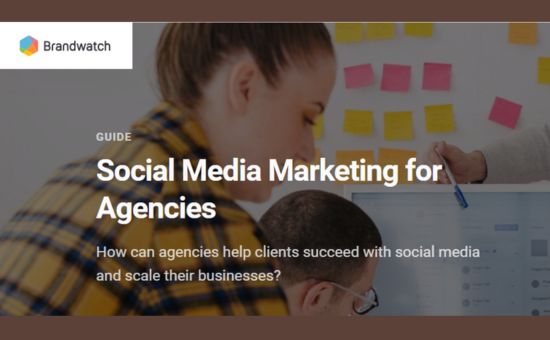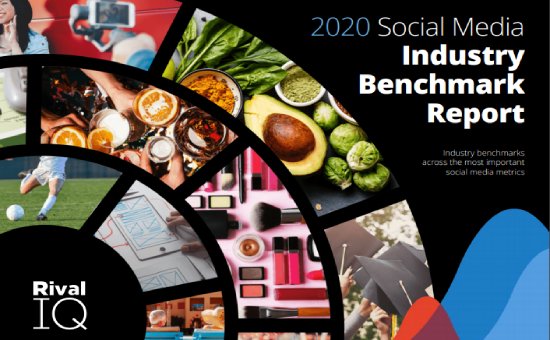FREE Small Business Guide to Facebook Marketing | Hibu
Social Media
WHY SOCIAL MATTERS
In the past ten years, social media has become a ubiquitous force, with Facebook standing out as a crucial marketing tool for small enterprises. It provides a platform geared towards fostering conversations and building relationships, allowing businesses to target and engage with genuine people throughout the entire customer journey.
Social media usage spans across a wide range of demographics, predominantly attracting younger, urban to suburban, well-educated, and wealthier users. However, its growth is not limited to these groups; for instance, over 37% of individuals aged 65 and above, along with more than half of rural dwellers, now use social media.
Facebook, the biggest platform of its kind, is home to 65 million business pages globally, a figure that continues to rise. With its vast, active user base, varied advertising options, and sophisticated targeting features, Facebook is equipped to deliver tangible business outcomes.
ESTABLISHING A PRESENCE ON FACEBOOK
Creating a dynamic and professional Facebook Page is the starting point. Nowadays, most consumers expect businesses to maintain an active presence on Facebook. This platform becomes the central location for engaging with customers and orchestrating marketing efforts. To ensure your Facebook Page is effective, it should feature:
– Accurate and current information about your business
– Professional-quality images
– Content that is frequently updated
– Prompt interactions with followers

Key Elements for Your Facebook Page:
– Uniform Business Details: Ensure your business’s branding, information, and contact details are consistent across Facebook, your website, and key local directories. This includes your business name, address, phone number, and operating hours where relevant.
– Professional Profile Pictures: The first elements most people notice on your page are the profile and cover photos. These images should complement each other to make a positive first impression and adhere to Facebook’s guidelines for size and resolution to ensure optimal display on all devices.
– Ratings and Reviews Section: Encourage setting up a Reviews tab. Reviews significantly impact consumer buying choices. Actively seek out positive reviews and leverage them in your marketing by sharing, posting, and featuring them in advertisements.
– Time-saving and Self-service Options: Customers value businesses that respect their time. Include various contact options on your Facebook Page, like “Call Now” or “Send Message” buttons. Also, incorporate features allowing easy transactions, such as booking reservations, and appointments, or facilitating e-commerce, to enhance customer convenience.
REACHING AND ENGAGING CUSTOMERS
The subsequent step in your marketing strategy involves crafting a program designed to reach and captivate your audience through impactful content and advertising.
Engaging Existing Customers
Begin by transforming your current customers into Facebook Fans. This can be achieved by inviting them to like your Facebook Page and employing Facebook’s Custom Audiences feature to upload their email addresses. This tool identifies the Facebook accounts associated with these emails, encouraging them to become fans. Regularly refreshing your customer list enriches your insights and supports targeted campaigns aimed at both existing and similar potential customers.
Content Engagement
Business Pages bustling with fresh, engaging content and interactive comments are more likely to attract consumer interest. Successful brands on Facebook maintain loyalty by posting content that is authentic to their brand, resonates with their audience’s interests, and encourages shareable interactions.
Advertising to Customers
Facebook’s sophisticated advertising platform offers a variety of ad formats tailored to achieve different goals, whether it’s attracting new customers or increasing visibility. There are three main types of ad campaigns suitable for most businesses:
1. Local Awareness Campaigns- Ideal for immediate customer engagement, these ads can be customized with calls to action like “Call Now” or “Learn More,” bridging the online-to-offline conversion gap.
2. Website Clicks Campaigns – Aimed at directing traffic to specific pages on your website where visitors can engage further with your offerings.
3. Lead Campaigns – Perfect for gathering information from prospects interested in your products or services, especially those with longer sales cycles, by offering incentives for their contact details.
Audience Selection
The power of Facebook marketing lies in its vast data on user demographics, behaviors, and interests. Utilizing this data allows businesses to target specific audiences or create “lookalike” audiences, expanding their reach to individuals similar to their existing customers.
The simplest method to build a custom audience is by adding a Facebook pixel to your website, enabling you to track visitors and identify new prospects sharing common characteristics with your current audience.
Maximize Your Marketing Now! Download our essential guide to master Facebook marketing and transform your audience engagement. Click here to access expert strategies, unlock powerful targeting techniques, and drive your business forward. Get your guide today!
The Table of Contents of “FREE Small Business Guide to Facebook Marketing” Guide:
- WHY SOCIAL MATTERS
- ESTABLISHING A PRESENCE ON FACEBOOK
- REACHING AND ENGAGING CUSTOMERS
- COMMUNICATING WITH YOUR CUSTOMERS
- CHECKLIST
Number of Pages:
- 14 pages
Pricing:
- Free
